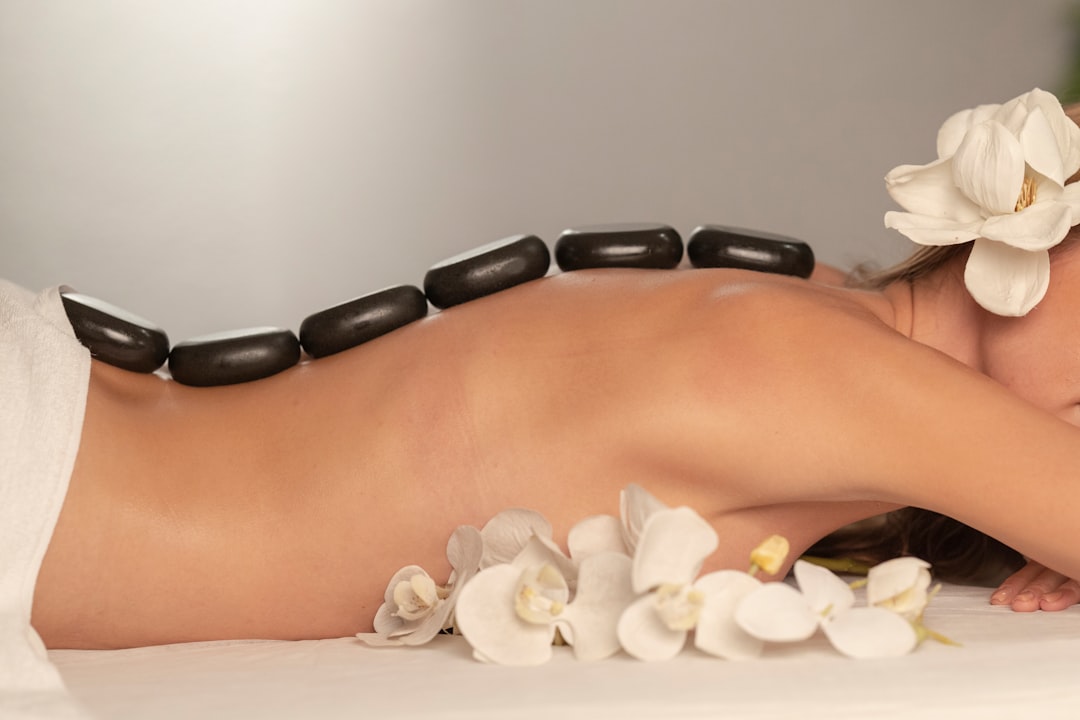Cultural competence is vital for Mississippi massage therapists to provide quality care, especially when addressing historical inequalities and serving marginalized communities prone to massage abuse. By recognizing diverse cultural backgrounds and debunking stereotypes, therapists can adapt their techniques, build trust, and prevent misconduct. Proper training equips them to navigate legal landscapes, understand client rights, and foster inclusive environments, ensuring every client feels respected and supported, including those with past trauma or unique medical needs, while adhering to state-specific regulations on massage abuse attorney Mississippi cases.
“Unwind and explore the transformative power of cultural competence in massage therapy with our comprehensive workshop. In today’s diverse society, understanding different cultural perspectives is essential for practitioners like Vardamans Massage Therapists. This article delves into the significance of cultural awareness, addressing common misconceptions and stereotypes about various communities. We also navigate the legal landscape, discussing massage abuse cases in Mississippi and how to foster trust and respect with diverse clients. For massage professionals seeking growth, this guide offers valuable insights.”
Understanding Cultural Competence in Massage Therapy

Cultural competence is a vital aspect of providing quality care in the field of massage therapy. It involves recognizing and respecting the diverse cultural backgrounds, beliefs, and practices of clients, especially those who may have experienced historical or systemic injustices. In Mississippi, where there has been a history of racial and social inequality, massage therapists need to be particularly attuned to these sensitivities. Understanding cultural nuances is crucial to ensuring every client feels safe, heard, and respected during their therapy sessions.
Massage abuse attorneys in Mississippi often highlight the importance of cultural competence as it can prevent and address potential issues arising from cultural misunderstandings or insensitivity. By educating themselves about different cultures, therapists can create a welcoming environment, adapt their techniques accordingly, and foster trust with clients from various backgrounds. This is especially relevant when addressing the specific needs and concerns of marginalized communities who may have had negative experiences in healthcare settings.
Common Misconceptions and Stereotypes Debunked

Many people in the field of massage therapy often encounter misconceptions and stereotypes that can impact their practice and relationships with clients. It’s crucial to address these to foster a more inclusive and respectful environment. One common misconception is that all clients seeking massage therapy have similar needs, ignoring individual cultural backgrounds and preferences. This oversimplification can lead to inappropriate treatments and even massage abuse.
Moreover, there are stereotypes surrounding certain cultures and their perceived comfort levels with touch. In reality, these assumptions can cause harm and miscommunication. For instance, a massage therapist might assume that all clients from Asia prefer deep tissue massages, ignoring cultural nuances or personal preferences. Similarly, attributing specific massage styles to particular ethnicities is not only inaccurate but also dangerous, as it may lead to inappropriate applications of pressure or techniques, particularly for individuals who have experienced trauma or have medical conditions. Debunking these myths is essential, especially in Mississippi, where a massage abuse attorney might be needed to protect clients’ rights and ensure ethical practices within the industry.
Legal Aspects: Addressing Massage Abuse Cases in Mississippi

In Mississippi, addressing massage abuse cases involves navigating a complex legal landscape. With proper cultural competence training, massage therapists can better understand their rights and responsibilities under the law. This includes recognizing and reporting any instances of abuse or misconduct to relevant authorities, such as the Mississippi Board of Massage Therapy. Additionally, therapists should be aware of state-specific regulations regarding consent, client privacy, and professional conduct to ensure they provide services within legal boundaries.
For massage abuse attorney Mississippi, cases often require a nuanced approach that considers cultural, social, and economic factors. Local laws and regulations play a crucial role in protecting both clients and practitioners from abuse. By staying informed about these legal aspects, therapists can foster a safer environment, promote ethical practices, and contribute to the overall well-being of their community.
Building Trust and Respect with Diverse Clients

Building trust and respect is paramount in the therapeutic relationship, especially when catering to a diverse clientele. Massage therapists in Mississippi must be adept at creating an inclusive environment that honors different cultural backgrounds, beliefs, and personal boundaries. Understanding that every client has unique needs and experiences is crucial. For instance, some individuals might prefer a more gentle approach due to medical conditions or past traumas, such as massage abuse survivors. Therapists should be attuned to these nuances, adapting their techniques accordingly without judgment.
Cultural competence training plays a significant role in fostering this environment. Workshops like the Vardamans Massage Therapist Cultural Competence Workshop equip professionals with the skills to navigate diverse situations sensitively. By learning about different cultural practices and their impact on well-being, therapists can offer tailored care, ensuring every client feels heard, respected, and supported throughout their healing journey.




